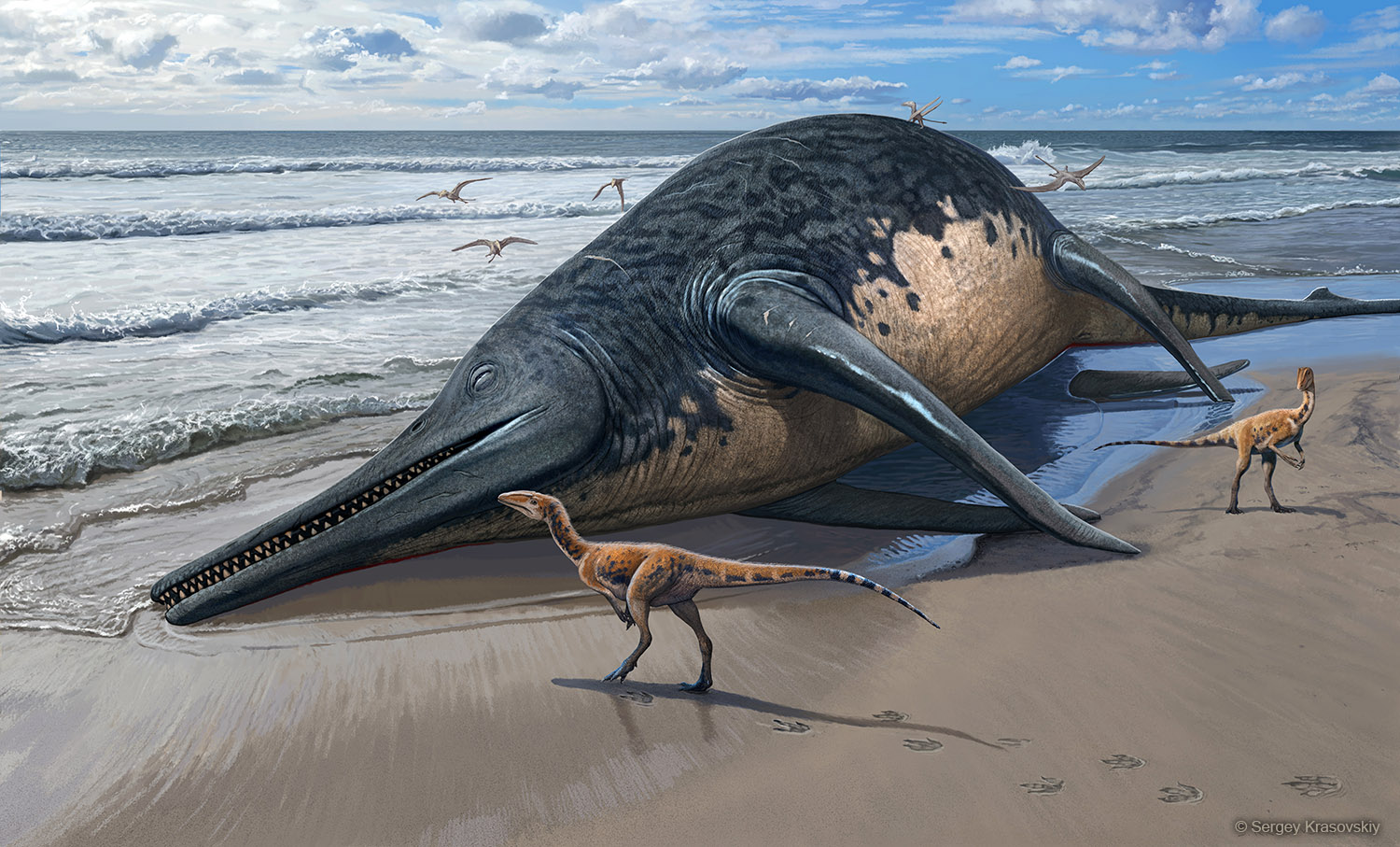-
EXPERT REACTION: Common contraceptive hormone linked to increased brain tumour risk
The BMJ
A French study has found that prolonged use of progesterone-like hormones which are found in some contraceptive injections and hormone treatments, are linked to an increased risk of developing a type of brain tumour called a meningioma. The study Read more about EXPERT REACTION: Common contraceptive hormone linked to increased brain tumour risk
International; VIC; QLD; SAFrench National Agency for Medicines and Health Products Safety -
Quantum computing processors working at 20X warmer temperatures
Nature
Advanced quantum computer cooling techniques could lead to more powerful, cost-effective and energy-efficient systems sooner. The achievement demonstrates that ‘hot qubits’ are now a reality after the same engineers showed in an innovative paper Read more about Quantum computing processors working at 20X warmer temperatures
Australia; NSWThe University of New South Wales|The University of Sydney -
Delirium a ‘strong risk factor’ for dementia among older people
The BMJ
Delirium is a strong risk factor for dementia and death among older people, according to Australian research. Delirium is a sudden change in a person’s usual mental state. Symptoms include agitation, confusion or being unable to stay focused when Read more about Delirium a ‘strong risk factor’ for dementia among older people
Australia; NSW; QLDThe University of Queensland|Macquarie University -
Spearheading changes to global anaemia guidelines
The Lancet Haematology
The way anaemia is diagnosed worldwide could change for the first time in 50 years, following a landmark study led by WEHI researchers. The findings have been used by the World Health Organization (WHO) to revamp their global guidelines for the Read more about Spearheading changes to global anaemia guidelines
Australia; VICWEHI|The University of Melbourne -
Hope, fear, and guilt: Your climate feelings may impact the solutions you support
PLOS Climate
The type of emotional reaction someone has to climate change is associated with the types of climate policies they're likely to support, a new survey shows. While hopeful people put faith in proactive policies like investing in infrastructure, Read more about Hope, fear, and guilt: Your climate feelings may impact the solutions you support
InternationalGeorge Mason University, USA -
Does a low heart rate mean a high life of crime?
PLOS ONE
Women with a low resting heart rate had a slightly higher chance of a criminal lifestyle, say US and Swedish researchers who investigated the criminal offence records of 12,500 women for up to 40 years. Additionally, the team say unintentional Read more about Does a low heart rate mean a high life of crime?
InternationalO¨ rebro University,O¨ rebro, Sweden -
Poverty is the main reason people are selling their kidneys
PLOS Global Public Health
Poverty is the main motivator prompting people to sell a kidney, according to Australian and international researchers who say many people who choose to sell a kidney are unaware of the potential health risks. The team reviewed previous research Read more about Poverty is the main reason people are selling their kidneys
Australia; International; VICThe University of Melbourne|Center for Research on Education, Nepal -
Telescope becomes stellar ‘speed camera’ in world-first measurement
Nature
For the first time, the super-fast speeds of a neutron star’s powerful jets have been recorded by CSIRO’s Australia Telescope Compact Array and the ESA’s Integral observatory. The research has been published in Nature. In a world first, Read more about Telescope becomes stellar ‘speed camera’ in world-first measurement
Australia; International; WACSIRO|International Centre for Radio Astronomy Research (ICRAR)... -
Complete sugarcane genome sequence opens up new era in breeding
Nature
A major step forward has been taken in sugarcane research with the mapping of a complex genome, three times the size of humans. Sugarcane contributes $2. 2 billion to the Australian economy and accounts for 80 per cent of global sugar supply. The Read more about Complete sugarcane genome sequence opens up new era in breeding
InternationalCSIRO|The University of Queensland -
17 mountains at high risk of losing biodiversity under climate change
Nature
Species living in 17 mountains around the world are facing the risk of extinction due to the rapid rate of warming attributed to climate change. However, the establishment of additional meteorological monitoring stations in mountainous areas Read more about 17 mountains at high risk of losing biodiversity under climate change
InternationalAcademia Sinica, Taipei, Taiwan
Submit to Scimex
Upcoming events
- International Fire Behaviour and Fuels Conference Bushfires present an increasing challenge to humanity and the ecosystems and atmosphere we depend on....
- Zero alcohol beverages: Are they “normalising everything about alcohol" for adolescents? Zero-alcohol drinks - drinks that contain no or very low amounts of alcohol but resemble...










































